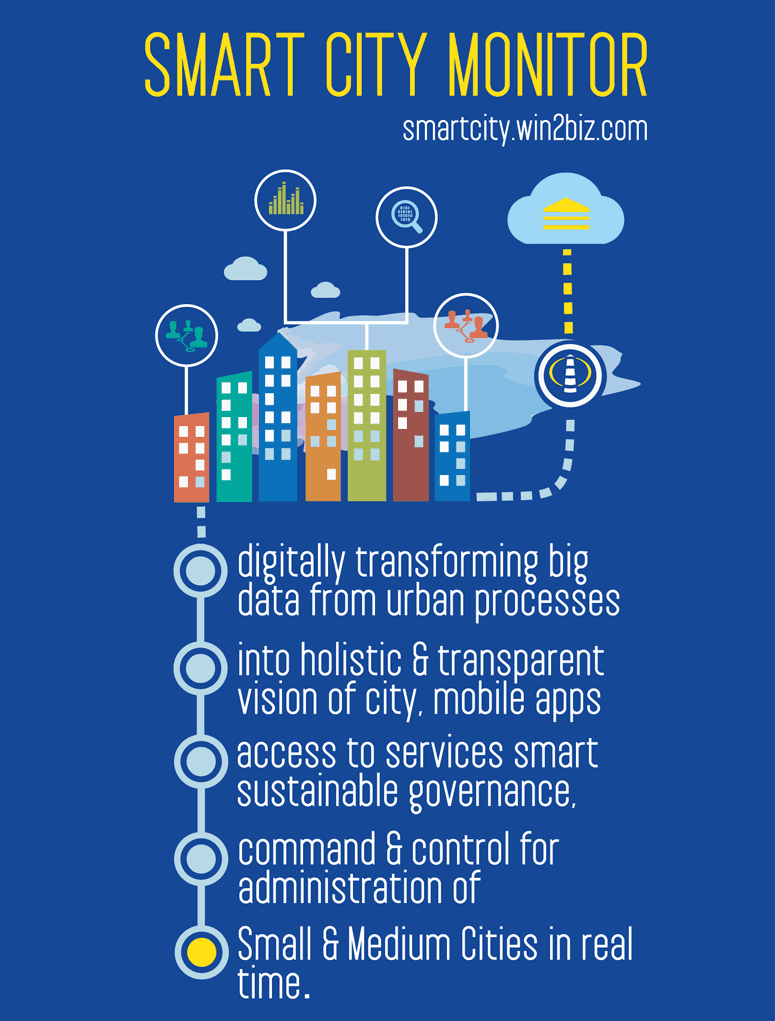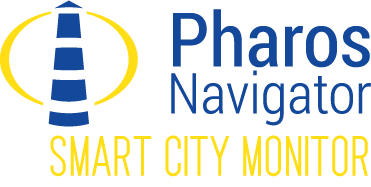Financing opportunities for Smart City projects

The level of complexity and investments into Smart City projects requires sufficient large funding and brings high risks. The experimenting with small prototypes before scaling up becomes the major option to identify right solutions for the future to come with minimum costs and risks.
The communications with the municipalities in Europe showed that the cities are ready and interested in such projects however their proactive position and initiatives are limited by the lack of financial resources and knowledge about its financing options.
Accordingly to the information received in recent meetings with European Investment Bank
- Major EU financial institutions such as EIB and EBRD, are interested in financing of the initiatives coming directly from the cities
- The SCC project proposals need to integrate several cities in a cluster and include necessary regional infrastructure development components to become more attractive for the financial institutions (as each city alone requires relatively small SCC project funding even in case of large national capitals)
- The project may not be oriented only to financial results but to long term benefits in local and regional economics, improved quality of life, social and environmental sustainability, investment attractiveness and other relevant results
The local prototyping of Smart City concepts fosters effective opportunities for learning the SCC future solutions, new business models and digital economy options, evaluating its efficiency in small steps with minimum costs and risks and maximum results to ensure the success in further scaling up Smart City implementation and its high Return on Investments. Realized by multidisciplinary team including local city specialists, urban planners and service providers, the project fosters unique experiences by communities, becoming better prepared and save the costs of the future infrastructural adaptation as well as obtain leading role among others attracting investments and improving the quality of life.
The main options of Smart City project financing are as follows:
1. Specific budget lines in local community budgets
2. Participating in the consortiums presenting projects for relevant Calls by Horizon 2020, Interreg and others.
3. Structural funds and other financial sources which are well described at the Covenant of Mayors’ document on Smart City funding http://www.covenantofmayors.eu/IMG/pdf/Financing_Opportunities_Matrix.pdf
The Option 1 provides quick start of the project, transparency of results and implementation control by the local community.
The Option 2 while being generally attractive, has high level of uncertainty in the timely receipt of final results, dependency on multiple third parties and long duration: waiting and finding the appropriate call topic, setting the “right” consortium of partners including experienced project coordinator, writing the proposal (~3-4 months), waiting for results after its submitting (for 5-6 months), which depends not only on the actual work package content but on the proposal document perception the evaluators. In case of negative result which is de-facto statistically most probable, the city administration have to start the procedure all over again 1,5 or 2 years later.
The Option 3 has much longer preparation phases however provides effective opportunity to integrate various necessary infrastructure developments by several small-middles size cities or regions into one large Smart Urban Community Project enabling its further application for the Structural Funds and obtaining relevant attention by the fund management.
The outline of the relevant procedure is as follows:
- The local community administration (LCA) or several LCAs formulate scaled up integrated pilot project of Smart Urban Future aimed at the development of smart city assets integrated with different infrastructural components (renovation, refurbishment, new facilities, communications, energy restructuring, mobile solutions, etc) and includes Smart City Monitor as the project component
- LCA asks the National Regional Fund to support its project and obtains necessary acceptance
- LCA applies to Smart Development Division, JASPERS, European Investment Bank for the assistance in preparing of the project application for financing being compatible with the funding requirements by relevant banks
- The project evaluated by the JASPER and applied to the relevant financial institution such as EIB, EBRD, etc.
The specific project content may benefit from:
- Differentiation between ECONOMIC and FINANCIAL loss and profit in the business plans e.g. from the financial point of view the project can be in a minus but should be foster ECONOMICAL benefits and profits for the Local Community.
- Presentation of the collaborative projects by the pools of cites which is welcome by financial institutions
- Having the estimated project financing request above ~10 M Euro with increasing attention for consideration by the financial institutions when above 50 M Euro
Please contact us for further details.
Relevant links:
2017 © GOLEM IMS GMBH, Austria. Все права защищены.
Правила предоставления сервиса |
Политика Конфиденциальности
Сделано в Австрии

